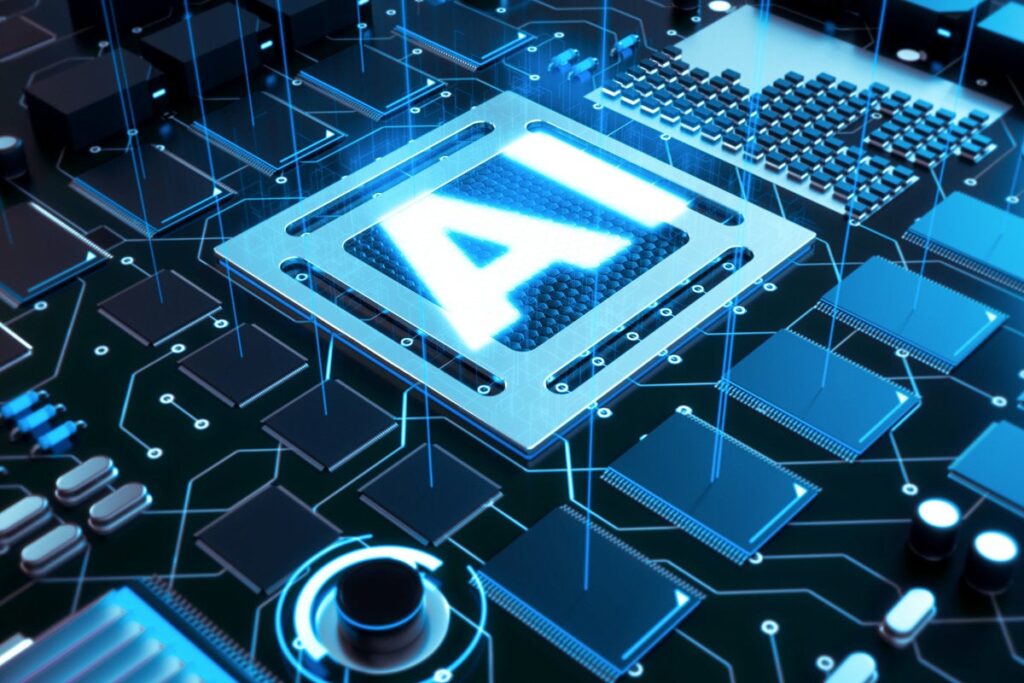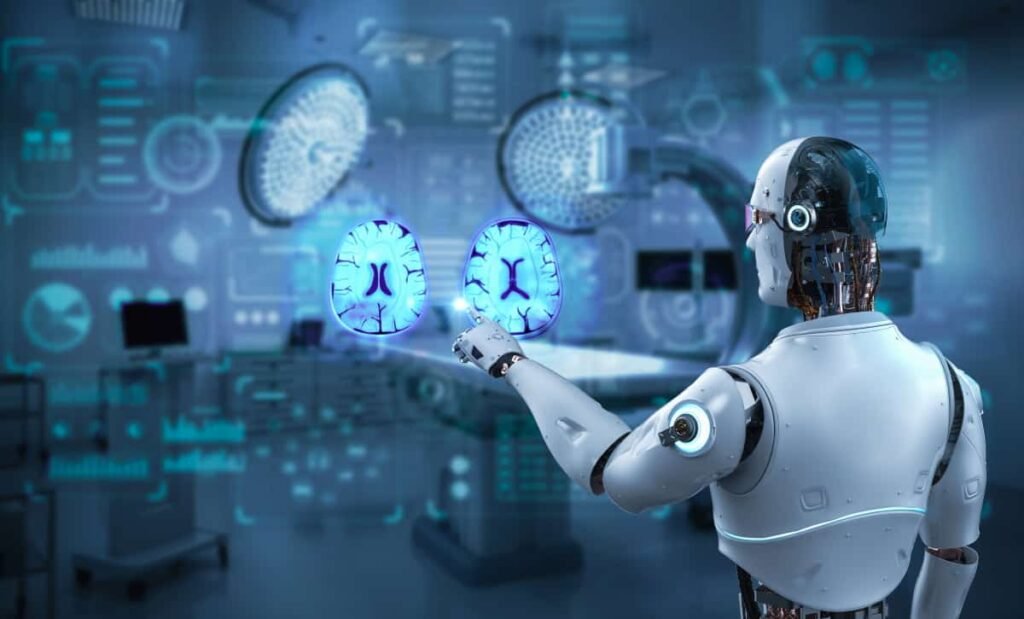Introduction:
Artificial Intelligence, often abbreviated as AI, is a rapidly evolving field that has taken the world by storm. With its ability to simulate human intelligence and perform tasks that typically require human intervention, AI is reshaping industries and transforming the way we live, work, and interact with technology.

The Evolution of AI:
AI has come a long way since its inception. It began as a concept in the 1950s but has made significant progress in recent years, thanks to advancements in computing power and machine learning algorithms. Today, AI encompasses various subfields such as machine learning, natural language processing, computer vision, and robotics.
Applications of AI:
- Healthcare: AI is revolutionizing healthcare by assisting in diagnosing diseases, analyzing medical images, and even predicting patient outcomes. AI-powered chatbots also provide immediate medical advice and support.
2. Finance: In the financial industry, AI algorithms analyze massive amounts of data to make investment decisions, detect fraudulent activities, and optimize trading strategies.3#33
3.E-commerce: AI is used to personalize product recommendations, chatbots for customer service, and even to predict customer behavior for targeted marketing.
4.Language Translation: AI-powered translation services like Google Translate have broken down language barriers, making communication across the globe more accessible.
- Challenges and Concerns: While AI offers numerous benefits, it also poses challenges and concerns. These include:
Privacy: The collection and analysis of vast amounts of data raise concerns about privacy and data security.
Ethical Issues: The use of AI in decision-making processes can raise ethical questions, particularly when it comes to issues like bias in algorithms.
job Displacement: The automation of tasks by AI can lead to job displacement in some industries, requiring reskilling and adaptation.
The Future of AI: The future of AI is promising. Researchers are continually working on making AI more intelligent, capable, and ethical. As AI continues to advance, it will likely play an increasingly central role in our lives, impacting everything from healthcare and education to transportation and entertainment.
Conclusion: Artificial Intelligence has already made a profound impact on society and will continue to do so in the years to come. As we harness the power of AI responsibly, we can unlock its potential to solve complex problems and improve the quality of life for people around the world.


